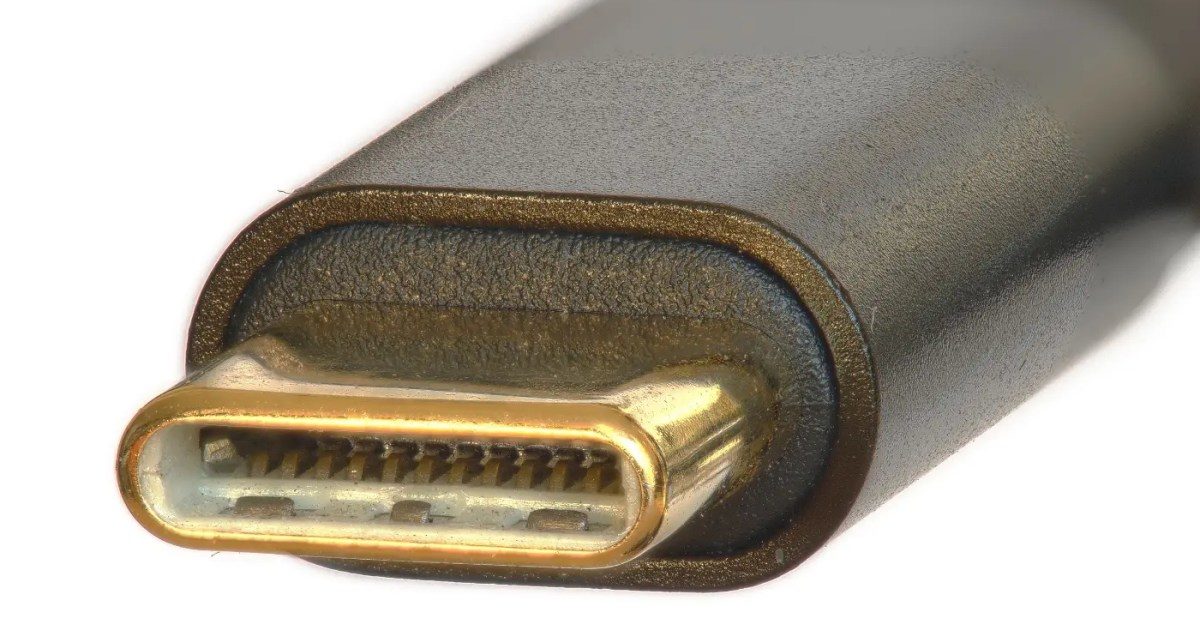According to Reuters, Apple has told India its local production targets will be hit if New Delhi follows the European Union (EU) and requires existing iPhones to have universal charging ports, a government document shows as the U.S. tech giant lobbies for an exemption or delay.
India wants to implement a European Union rule that will require smartphones to have a universal USB-C charging port, and has been in talks with manufacturers about introducing the requirement in India by June 2025, six months after the deadline in the EU. While all manufacturers including Samsung have agreed to India’s plan, Apple is pushing back, notes Reuters.
In a closed-door Nov. 28 meeting chaired by India’s IT ministry, Apple asked officials to exempt existing iPhone models from the rules, warning it will otherwise struggle to meet production targets set under India’s production-linked incentive (PLI) scheme, according to the meeting minutes seen by Reuters.
The EU says all smartphones must have USB-C by December 28, 2024 (although India has said compliance by June 2025 is acceptable).Other consumer products, such as tablets and gadgets, will also be required to switch to USB-C under the new law. Products that rely solely on wireless charging with no port will not have to include USB-C.
The government agency adds that by, having a common charger will improve consumer convenience by harmonizing charging interfaces and fast charging technology, and will significantly reduce electronic waste.
The directive also allows consumers to choose whether to purchase a new device with or without a charger. The EU says this will not only save consumers money, but will also reduce the electronic waste associated with the production, transportation and disposal of chargers. Four years after the directive enters into force, the European Commission will assess whether this unbundling of sales should be made mandatory.
The EU is a political and economic union of 28 member states that are located primarily in Europe. Its policies aim “to ensure the free movement of people, goods, services, and capital within the internal market, enact legislation in justice and home affairs, and maintain common policies on trade, agriculture, fisheries, and regional development.” The European Commission is the union’s anti-trust and consumer investigation branch.
Article provided with permission from AppleWorld.Today




